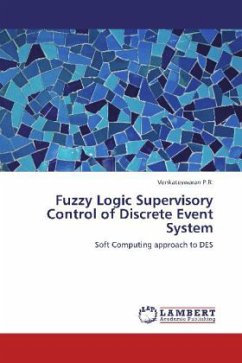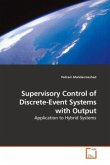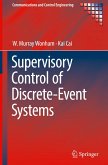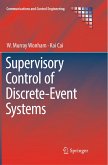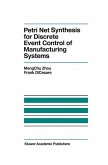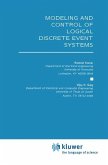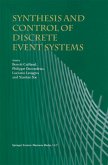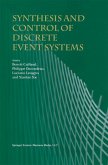Petri nets are considered to be the alternative approach for analysis, design and implementation of DES. However, the prospect of uncertain and vague information still creates a problem. Hence, to handle the uncertainty, fuzzy logic is integrated into Petri nets to form Fuzzy Automation Petri nets as a modeling tool to handle these uncertainties. The use of Fuzzy Automation Petri nets (FAPN) demands a valid translation of the formalism to Ladder Logic Diagrams for implementation. This is achieved using Token Passing Methodology. This work investigates the use of Fuzzy Petri nets in supervisory control and suggests a modified and improved version called Fuzzy Automation Petri net (FAPN) as a modeling tool. It presents a systematic approach to the synthesis of Fuzzy Petri net based supervisor for the forbidden state problem using supervisory design procedure. The controlled model of the system can be constructed from this FAPN net structure. The implementation is using Flexible Manufacturing System as an example of DES.
Bitte wählen Sie Ihr Anliegen aus.
Rechnungen
Retourenschein anfordern
Bestellstatus
Storno

